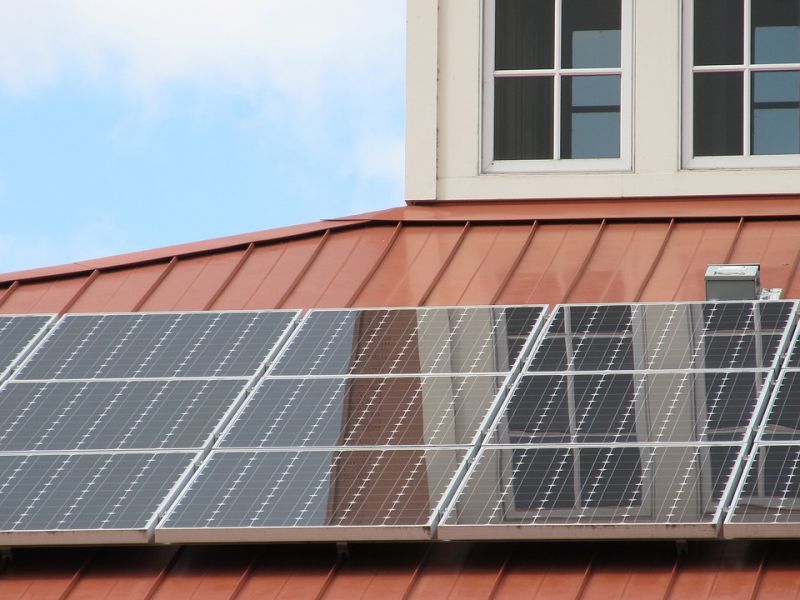Rooftop Solar and EVs Save Water and Cut Pollution – And Data Can Help Us Go Further
Published on by Water Network Research, Official research team of The Water Network in Academic
A new paper attempts to answer two questions - How much of an environmental benefit do these technologies actually produce; and, are there actions that owners of these technologies can take to minimize their pollution footprint even more? - for households in Austin, Texas.
The paper confirms that, in Texas, residential solar panels uses less water and pollutes the air less than using the central-grid power (based on its electricity sources during those years), and driving an EV instead of a gasoline vehicle generally reduces the household’s water and emission footprint, even though EVs charge from the grid.
Moreover, the analysis demonstrates how carefully examining energy-use data can help us make sure we’re maximizing clean energy’s benefits.
Read Beia Spiller's blog about the research: EDF
Beia is one of the researchers

Rooftop solar panels, source: Pixabay
Abstract
Using detailed electricity consumption and solar generation data from homes in an Austin TX neighborhood between 2013 and 2015, we calculate the environmental benefits of electric vehicles and rooftop solar panels. We estimate time-varying electric grid marginal emissions and water consumption rates in ERCOT through a regression based
analysis, and find that emissions and water consumption rates are lowest at high demand times due to those hours' reliance on cleaner natural gas generators. We utilize these emissions and water consumption rates to estimate the avoided GHGs and water consumption from grid electricity that solar panels provide.
For electric vehicles, we estimate the net effect of this technology, given the avoided gasoline consumption but increase in grid-related charging. We find that, on average, solar panels avoid approximately 75% of yearly grid-related emissions (0.7 tons CO2/year per kW of solar capacity) and yearly grid-related water consumption (400 gal/year per kW of solar capacity), where the benefits depend on the orientation of the panels.
We also find that electric vehicle deployment results in avoiding up to 70% of fuel-related emissions (3.5 tons CO2/year) and 60% of fuel-related water consumption (1400 gal/year), though the benefits significantly decrease with the efficiency of the counterfactual vehicle.
Keywords
Rooftop solar, Electric vehicles, Marginal emissions, Water energy nexus
Read full paper: Science Direct
Media
Taxonomy
- Urban Water
- Solar Energy
- Urban Resource Management
- Urban Water Supply
- Consumption
- Efficiency Improvement
- off-grid solar
- Solar Cells